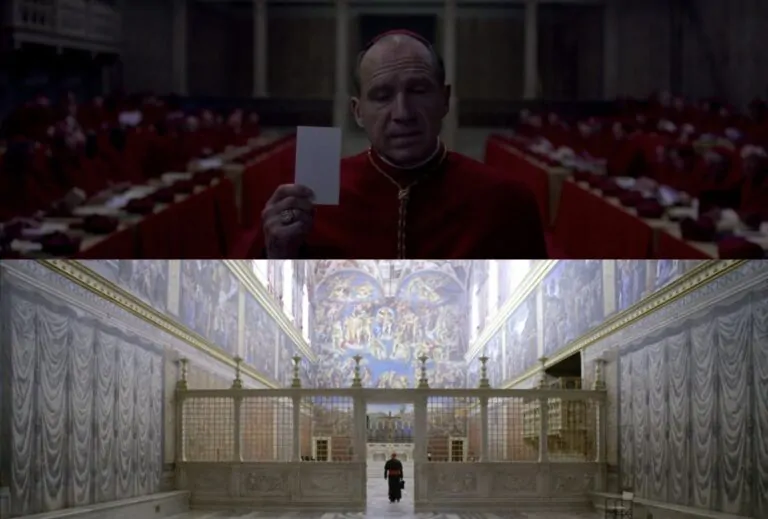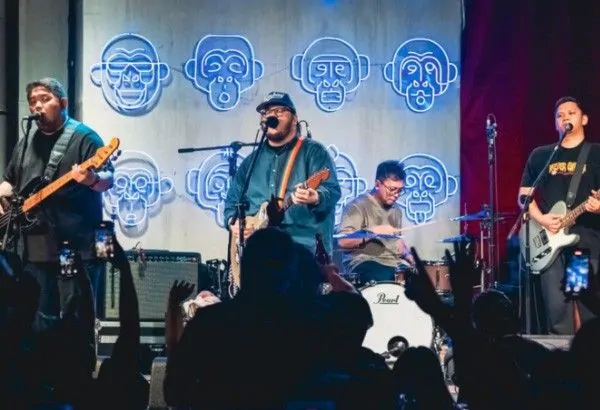
Philippine Philharmonic Presents 'Home Alone' Songs: A Fundraising Concert
- Arts and culture are important aspects of society
- They include various forms of expression such as music, dance, visual arts, and literature
- Arts and culture can help to promote creativity, diversity, and understanding among different communities
- They play a significant role in shaping a society’s identity and heritage
- Funding and support for arts and culture are essential to ensure their continued growth and impact on society.
The arts and culture scene in the Philippines is a vibrant and diverse landscape that showcases the rich history, traditions, and creativity of the Filipino people. From traditional dances and music to contemporary art and literature, the country’s cultural heritage is celebrated and preserved through various avenues.
One of the most iconic forms of traditional Filipino art is the “tinikling” dance, which involves dancers gracefully moving between bamboo poles that are being clapped together in rhythm. This dance not only showcases the agility and grace of the performers but also highlights the ingenuity and creativity of Filipino choreographers and dancers.
In music, the Philippines boasts a wide array of genres and styles that reflect the country’s diverse cultural influences. From traditional folk songs and indigenous music to modern pop and rock, Filipino musicians continue to create music that resonates with audiences both locally and globally.
Visual arts is another important aspect of Filipino culture, with artists like Fernando Amorsolo and Juan Luna gaining international acclaim for their paintings that depict scenes from Philippine history and everyday life. Contemporary Filipino artists are also making waves in the art world, using their work to comment on social issues and push boundaries in terms of artistic expression.
Literature is yet another avenue through which Filipino culture is expressed and celebrated. From the works of national hero Jose Rizal to contemporary writers like F. Sionil Jose and Jessica Hagedorn, Filipino literature is a rich tapestry of stories that reflect the Filipino experience and identity.
The Philippines also has a thriving theater scene, with productions ranging from traditional Filipino plays to Broadway musicals and avant-garde performances. Theater companies like Tanghalang Pilipino and Repertory Philippines continue to push the boundaries of theater and showcase the talent and creativity of Filipino actors, directors, and playwrights.
Cultural events and festivals play a crucial role in promoting and preserving Filipino arts and culture. From the colorful Ati-Atihan festival in Aklan to the grand Sinulog festival in Cebu, these events bring communities together to celebrate their heritage through music, dance, food, and art.
In recent years, the Philippine government has also recognized the importance of supporting and promoting arts and culture in the country. The National Commission for Culture and the Arts (NCCA) has been instrumental in funding and organizing cultural programs and initiatives that aim to preserve and promote Filipino heritage.
Despite the challenges posed by the COVID-19 pandemic, Filipino artists and cultural workers have continued to find innovative ways to share their work with audiences. Virtual performances, online exhibitions, and digital workshops have allowed artists to continue creating and engaging with their audiences during these difficult times.
As the Philippines navigates through the challenges of the pandemic and looks towards recovery, the arts and culture sector will play a crucial role in healing and rebuilding communities. Through their creativity and resilience, Filipino artists will continue to inspire, educate, and entertain audiences both at home and abroad.
In conclusion, the arts and culture scene in the Philippines is a vibrant and dynamic landscape that reflects the country’s rich heritage and creativity. From traditional dances and music to contemporary art and literature, Filipino artists continue to showcase their talent and passion for their craft. As the country moves forward, the arts and culture sector will play a vital role in preserving and promoting Filipino identity and heritage for generations to come.
/Digital Sauce




